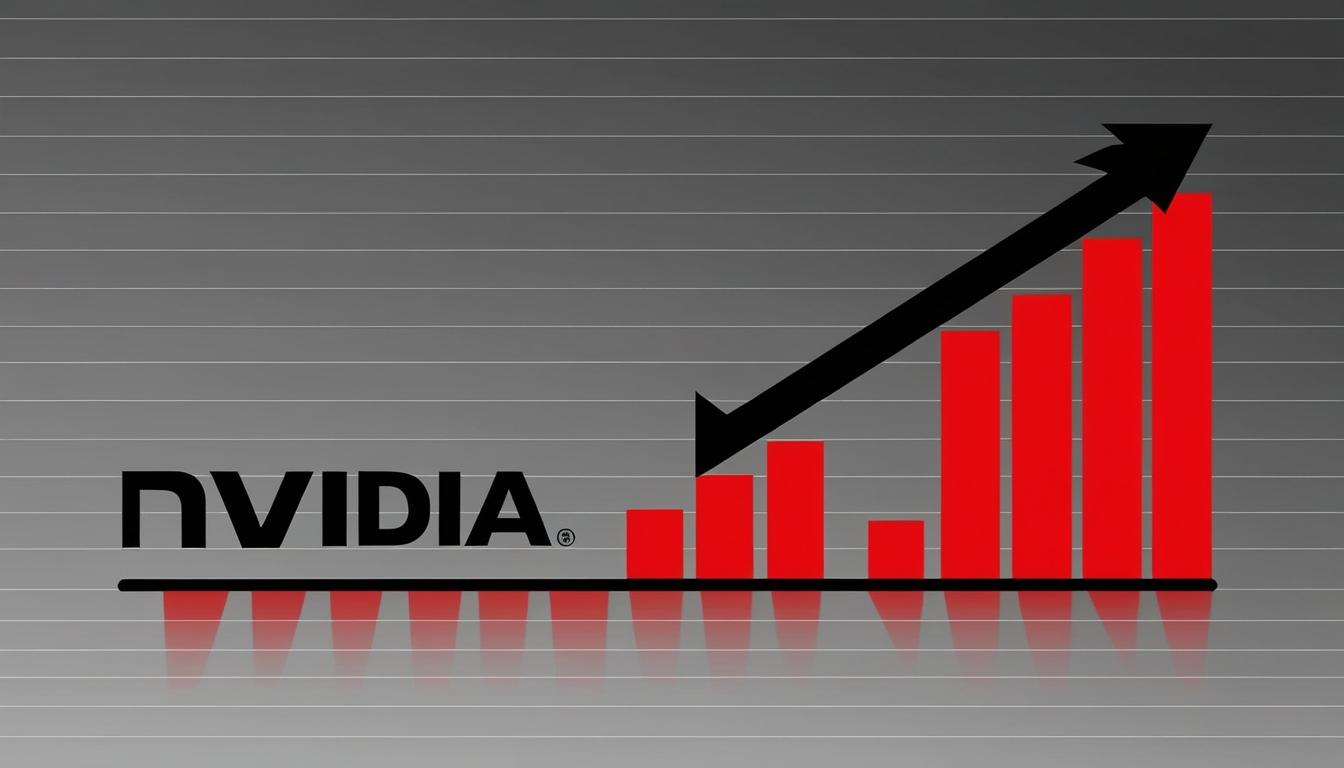On Monday, Nvidia achieved a historical milestone in its stock performance, reaching a record closing high for the first time since November 2023. This surge occurred just ahead of a highly anticipated keynote address by the company’s CEO, Jensen Huang, at the Consumer Electronics Show (CES) in Las Vegas. The event attracted an audience of over 6,000 attendees, with many investors eager to hear groundbreaking announcements that might further ignite interest in artificial intelligence (AI).
During his keynote, Huang articulated a visionary framework for what he referred to as the "era of physical AI." He remarked, “The ChatGPT moment for general robotics is just around the corner,” suggesting that the true potential of AI, particularly in physical systems, is on the brink of significant expansion. Notably, Huang highlighted Nvidia's collaboration with prominent automakers, including Toyota and Volvo, showcasing the capabilities of the DRIVE Hyperion platform. This platform is being developed to facilitate next-generation autonomous vehicles, with Huang explaining that “Building autonomous vehicles, like all robots, requires three computers: one to train, one to simulate, and one in the car. And Nvidia powers them all.”
The buzz created by Huang’s presentation reverberated throughout the financial markets, and Nvidia's stock price soared to new heights. However, the following day marked a stark change in sentiment. Upon the opening of the stock market on Tuesday, a “sell the news” mentality took hold among investors, resulting in a substantial decline. Nvidia experienced a staggering $220 billion drop in market capitalisation, its most significant loss in four months, reflecting a rapid shift in investor sentiment.
This pattern of initial excitement followed by subsequent selling has become somewhat familiar for investors in Nvidia. Instances of stock peaks leading to sharp declines have occurred multiple times over the last year. For example, following Nvidia’s earnings report on November 20, 2023, the stock price surged above $150 for the first time, only to see a 13% decrease in the days that followed. Similarly, a spike in June 2024 that saw the stock reach $140 was met with a 27% sell-off, which resulted in Nvidia losing the title of the world's largest stock to Microsoft.
Moreover, the company has faced fluctuating market responses following earnings announcements and economic reports, as seen in its performance following the February 2024 jobs report and an earnings announcement in August 2023. These events illustrate the volatility surrounding Nvidia's stock, where record highs can quickly turn into steep declines, ultimately creating a dichotomy between its status as a leader in the burgeoning AI industry and its susceptibility to investor reaction.
Despite these fluctuations, Nvidia continues to hold a significant position within the broader bull market of US stocks, maintaining influence and leadership even as it navigates periods of investor uncertainty.
Source: Noah Wire Services
